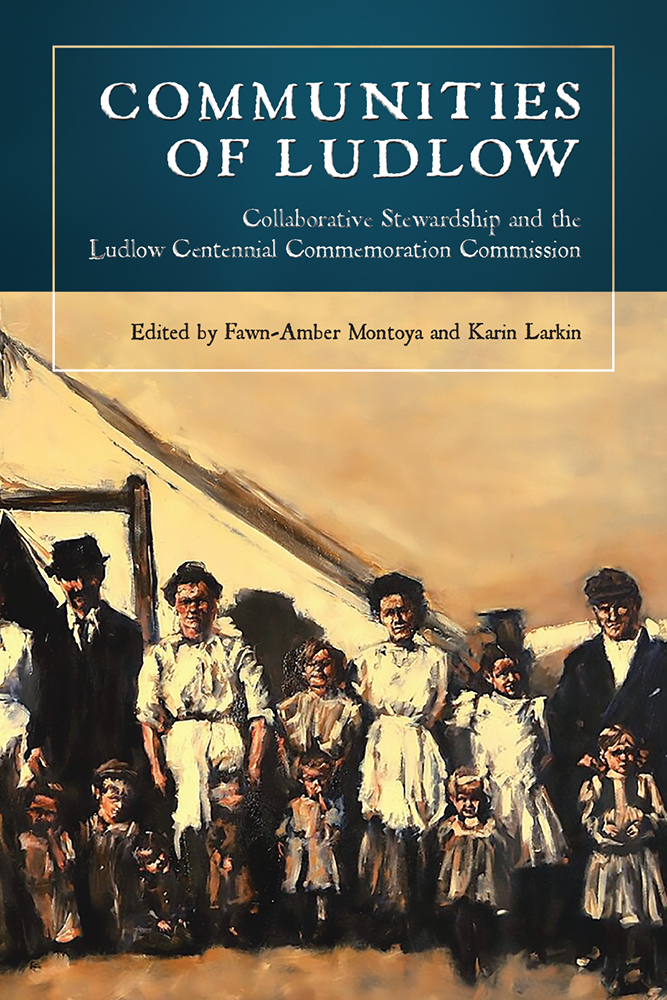
Communities of Ludlow
Collaborative Stewardship and the Ludlow Centennial Commemoration Commission
Edited by
Fawn-Amber Montoya and Karin Larkin
U NIVERSITY P RESS OF C OLORADO
Louisville
2022 by University Press of Colorado
Published by University Press of Colorado
245 Century Circle, Suite 202
Louisville, Colorado 80027
All rights reserved
 The University Press of Colorado is a proud member of the Association of University Presses.
The University Press of Colorado is a proud member of the Association of University Presses.
The University Press of Colorado is a cooperative publishing enterprise supported, in part, by Adams State University, Colorado State University, Fort Lewis College, Metropolitan State University of Denver, Regis University, University of Alaska Fairbanks, University of Colorado, University of Denver, University of Northern Colorado, University of Wyoming, Utah State University, and Western Colorado University.
ISBN: 978-1-64642-227-2 (hardcover)
ISBN: 978-1-64642-228-9 (ebook)
https://doi.org/10.5876/9781646422289
Library of Congress Cataloging-in-Publication Data
Names: Montoya, Fawn-Amber, editor. | Larkin, Karin, editor.
Title: Communities of Ludlow : collaborative stewardship and the Ludlow Centennial Commemoration Commission / edited by Fawn-Amber Montoya and Karin Larkin.
Description: Louisville : University Press of Colorado, [2022] | Includes bibliographical references and index.
Identifiers: LCCN 2021045196 (print) | LCCN 2021045197 (ebook) | ISBN 9781646422272 (hardcover) | ISBN 9781646422289 (ebook)
Subjects: LCSH: Ludlow Centennial Commemoration Commission (Ludlow, Colo.) | United Mine Workers of AmericaHistory20th century. | Coal Strike, Colo., 19131914Anniversaries, etc. | Coal Strike, Colo., 19131914Personal narratives. | MemorialsColoradoLudlow. | Coal minersColoradoLudlowHistory20th century.
Classification: LCC HD5325.M616 1913 C66 2021 (print) | LCC HD5325.M616 1913 (ebook) | DDC 331.892/8223340978896dc23
LC record available at https://lccn.loc.gov/2021045196
LC ebook record available at https://lccn.loc.gov/2021045197
Cover art: Ludlow: Miners Camp. Painting by Lindsay Hand. Image courtesy of Colorado Springs Pioneers Museum.
This book is dedicated to all those who have sacrificed and dedicated their lives to continuing the story of the Ludlow Massacre. We remember the people who died on that day, including: Elvira Valdez, 3 months; Frank Petrucci, 6 months; Lucy Petrucci, 2 years; Lucy Costa, 4 years; Cloriva Pedregone, 4 years; Joe Petrucci, 4 years; Onafrio Costa, 6 years; Rodgerlo Pedregone, 6 years; Mary Valdez, 7 years; Eulala Valdez, 8 years; Rudolfo Valdez, 9 years; Frank Snyder, 11 years; Primo Larese, 18 years; Frank Rubino, 23 years; Fedelina (Cedilena) Costa, 27 years; Louis Tikas, 30 years; Private Alfred Martin, 30 years; Charlie Costa, 31 years; Patria Valdez, 37 years; James Fyler, 43 years; and John Bartolotti, 45 years.
We also acknowledge the survivors of the 19131914 strike and Ludlow Massacre and their descendants. We recognize the United Mine Workers of America, union members, coalminers of southern Colorado, and their descendants as the children of Ludlow. They are the ones who have heard the story and continued to tell it for the past 100 years.
Contents
Karin Larkin
Linda Linville
Karin Larkin and Fawn-Amber Montoya
Interview by Fawn-Amber Montoya and Karin Larkin
Interview by Fawn-Amber Montoya and Karin Larkin
Elizabeth Jameson
Karin Larkin
Fawn-Amber Montoya
Robin C. Henry
Karin Larkin and Matthew Maher
Michael Jacobson
Karin Larkin, Fawn-Amber Montoya, and the Ludlow Centennial Commemoration Commission Members
Figures
Tables
This kind of book is impossible to put together without the contributions of and support from our colleagues, families, and institutions. We have had the opportunity to build strong collaborative relationships with community organizers, labor leaders, and scholars throughout the state of Colorado, the nation, and the world. We had much interaction, support and inspiration from the descendent community of coalminers and other working families in southern Colorado. Many people shared their familys histories and memories of the coal camps with us. They welcomed us in solidarity with labors struggle. We hope the readers of this book get a glimpse into the spirit of collaboration they possess.
The most important and rewarding aspects of our research came from our collaboration with the United Mine Workers of America (UMWA) and with the working people of southern Colorado. The UMWA Local 9856 and Womens Auxiliary Local 9856 maintain the Ludlow monument and host the annual memorial. The work of the UMWA is actively supported by Mike and Yolanda Romero and Robert Bob Butero. Their dedication to preserving the massacre site is exhibited in their daily lives.
The work of the Colorado Coalfield War Archaeological Project (CCWAP) formed one of the large communities of interest that contributed to our commemorative efforts. From the beginning, the CCWAP tried to build a program that speaks to multiple audiences, in understandable languages, in accessible formats, and about aspects of the past of interest to them. The work of the Colorado Coalfield War Archaeological Project would not have been possible without the vision and dedication to inclusive scholarship of Dean Saitta, Randall McGuire, and Philip Duke, as well as the Ludlow Collective. The collective included Dan Broockmann, Donna Bryant, Sarah Chicone, Bonnie J. Clark, Philip Duke, Amie Gray, Claire Horn, Michael Jacobson, Kristen Jones, Jason Lapham, Karin Larkin, Randall McGuire, Summer Moore, Paul Reckner, Mary Rudden, Dean Saitta, Mark Walker, and Margaret Wood. We conducted fieldwork at Ludlow with the permission of District 22 (now Region 4) of the United Mine Workers of America, Local 9856 of the UMWA, and the Womens Auxiliary of Local 9856. CCWAP received funding from a number of sources. The principal source of funding for the project was through History Colorados State Historical Fund. They provided grants to the project every year from 1997 until 2004. The Walter Rosenberry Fund and the Humanities Institute of the Division of Arts, Humanities, and the Social Sciences at the University of Denver provided funding for site interpretation and public education programs. The Colorado Endowment for the Humanities funded two Summer Teacher Institutes on labor history for our project. A number of community institutions including the Colorado Digitization Project, the Trinidad History Museum, and the Steelworks Museum (then the Bessemer Historical Society) aided our work with in-kind contributions and their archival resources.
In addition to the CCWAP, the Labor and Working-Class History Associations efforts in establishing the Ludlow Tent Colony as a National Historic Landmark laid a foundation for the model of collaboration between academics and the UMWA. The associations collaborative spirit and forethought allowed the Ludlow Centennial Commission to think outside of Colorado and assisted the commission members as part of a broader national and international dialogue.
The members of the Ludlow Centennial Commemoration Commission were integral in this work, including Thomas Andrews, Robert (Bob) Butero, William Convery, Dawn DiPrince, Karin Larkin, Victoria Miller, Fawn-Amber Montoya, Adam Morgan, Jonathan Rees, Dean Saitta, Maria Sanchez-Tucker, and Josephine Jones. They understood the importance and significance of this work but also the spirit of collaboration and respect; that collective commemoration and remembering was more important than the work of an individual. They assisted in creating a space where all voices and perspectives were heard, understood, and honored.
Next page

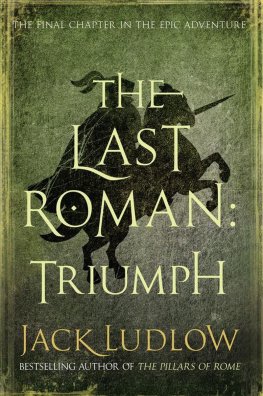
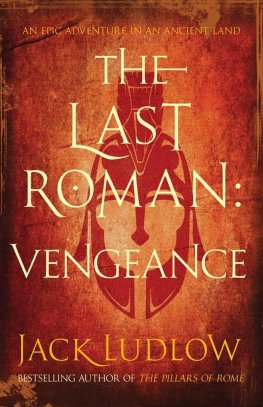
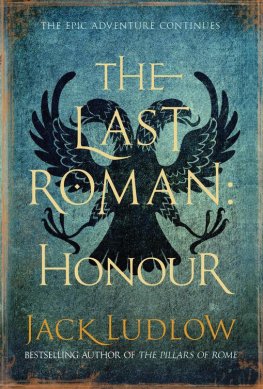
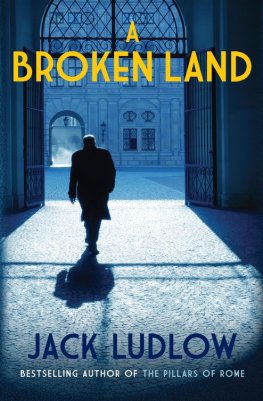
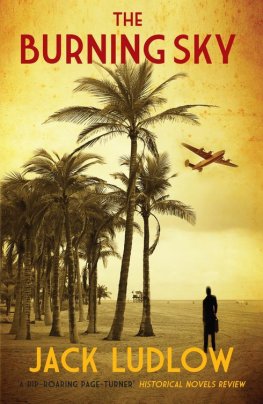
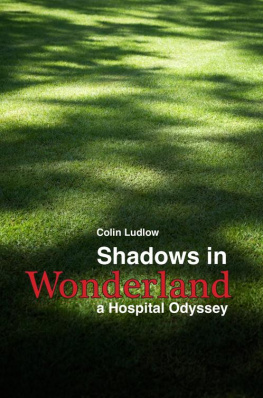
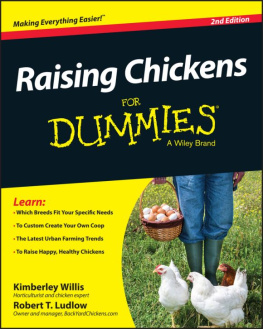

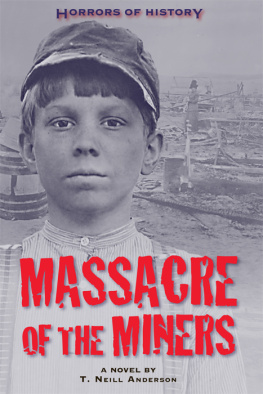

 The University Press of Colorado is a proud member of the Association of University Presses.
The University Press of Colorado is a proud member of the Association of University Presses.